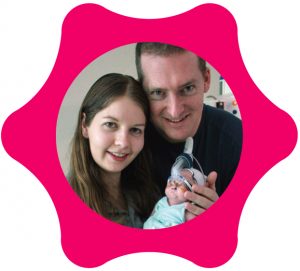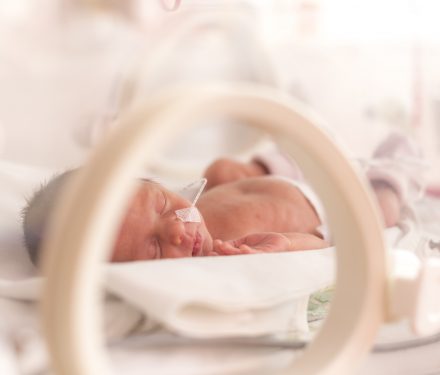For premature babies, surviving birth is often the first of many challenges. Researchers are targeting inflammation, which underpins some of the most devastating illnesses affecting premature newborns.

Born too soon, these babies face a massive battle for survival outside the protection of their mothers’ bodies. Without the vital time needed to develop, their tiny organs must cope with the demands of life outside the womb before they are ready, making them susceptible to fatal diseases. Those who survive often face a lifetime of health challenges.
Hudson Institute scientists are shedding light on how life-threatening inflammatory conditions develop in premature babies and, using their new knowledge, working on promising new anti-inflammatory approaches to improve the function and health of the lung, brain, immune and coagulation systems.
Groundbreaking research by Associate Professor Claudia Nold (Hudson Institute) and Professor Marcel Nold (Professor of Paediatric Immunology, Monash University’s Department of Paediatrics; Hudson Institute; and Neonatologist at Monash Newborn, Monash Children’s Hospital) is targeting two of the biggest inflammatory challenges facing preterm babies – BPD and NEC.
Preterm facts
- One in 10 Australian babies is born premature.
- Globally, around 15 million babies are born preterm each year and one million die as a result of preterm birth complications.
Infant and child health news
-
Previous
A message from our Director -
Next
Baby Jack’s story


